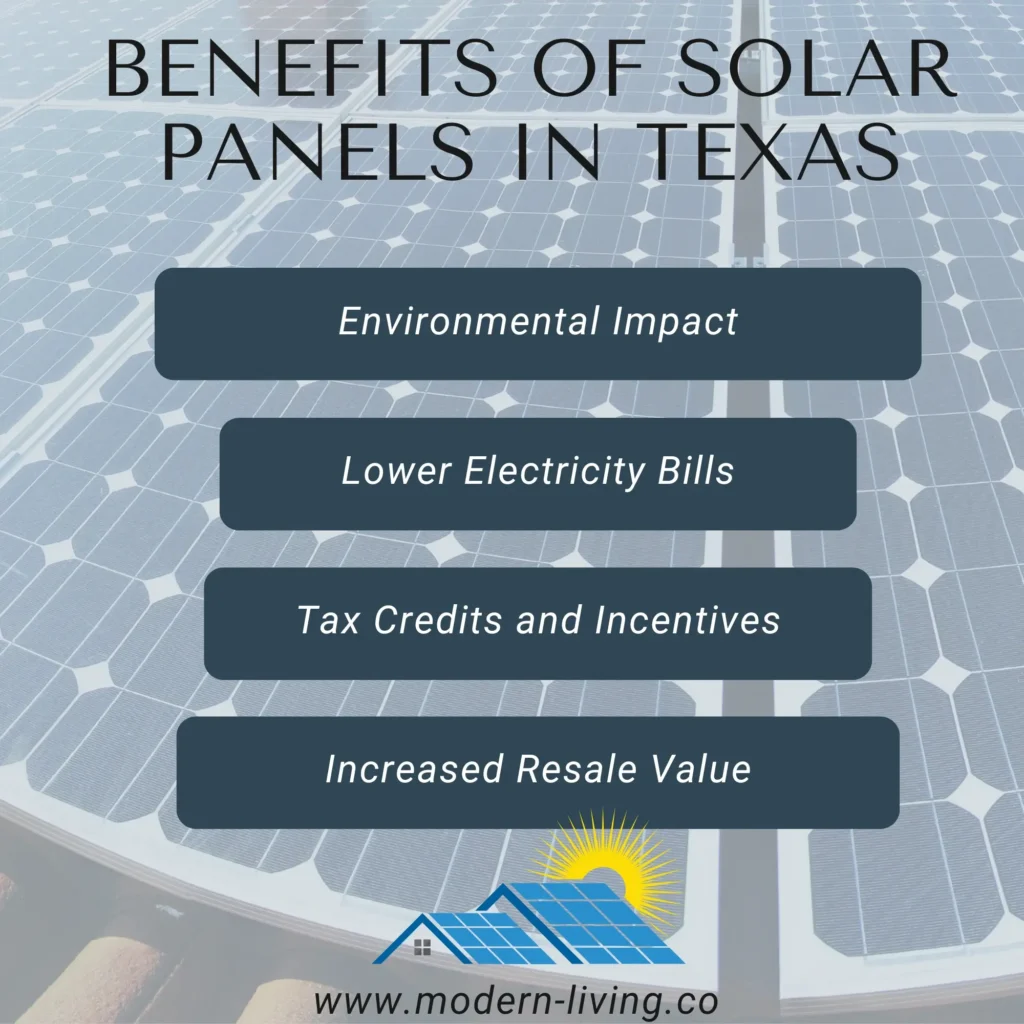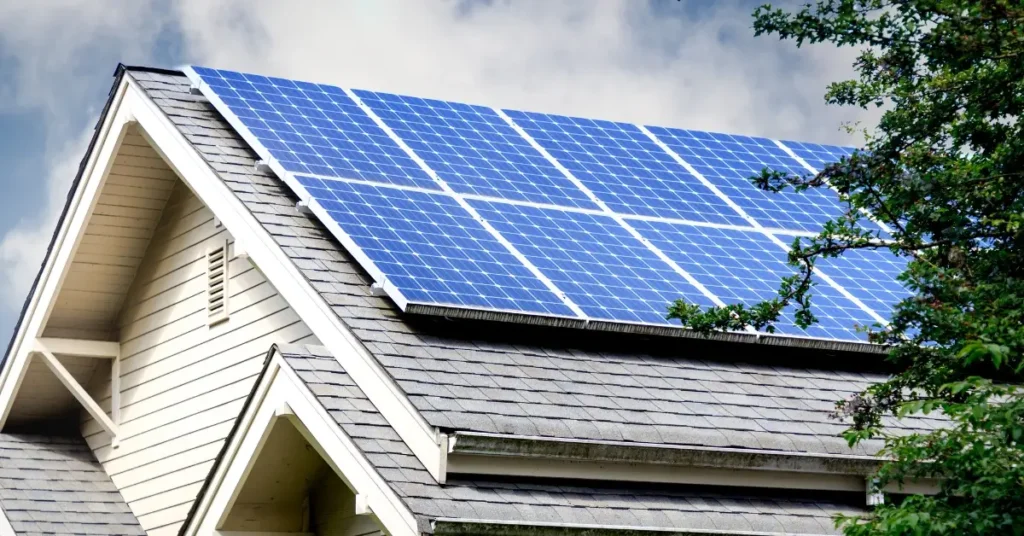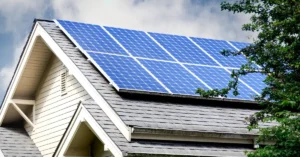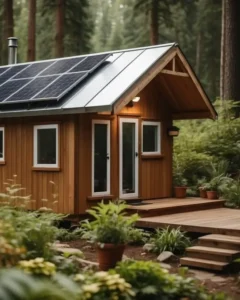As the world becomes more environmentally conscious, many homeowners are considering installing solar panels. But the question is, are solar panels worth it in Texas? With its abundant sunshine and high electricity rates, Texas seems like the perfect place for solar panels. However, the decision to invest in solar panels is not always straightforward.
Before making the decision to install solar panels, homeowners must consider several factors, including the size of their home, their energy usage, and their budget. Additionally, the decision to invest in solar panels should not be solely based on financial gain, but also on the desire to reduce carbon emissions and contribute to a cleaner environment. In this article, we will explore whether solar panels are worth it in Texas and provide a comprehensive guide to help homeowners make an informed decision.
Are Solar Panels worth it in Texas? Understanding Solar Energy in Texas
Texas is a state that is known for its abundant sunshine and hot temperatures. These factors make it an ideal location for solar energy. Solar panels capture the energy from the sun and convert it into electricity that can be used to power homes and businesses. But, are solar panels worth it in Texas? Let’s take a closer look.
The cost of installing solar panels in Texas can vary depending on several factors, including the size and type of system, the location, and the installer. On average, the cost of installing solar panels in Texas is estimated to be around $2.75 per watt. This means that a 500-watt solar panel system would cost approximately $1,360. However, it’s important to note that these costs may vary depending on the location and other factors specific to your home.
Despite the upfront cost, solar panels can save homeowners money in the long run. By generating their own electricity, homeowners can reduce their dependence on the grid and avoid rising energy costs. In addition, homeowners who install solar panels may be eligible for federal tax credits and other incentives that can further reduce the cost of installation.
Texas is one of the most adequate locations within the United States for residential solar panel installation. The Global Horizontal Irradiation (GHI) average for Texas is 4.8 kWh/m2, which means that the state receives a lot of sunlight. This makes it an ideal location for solar energy production.
Cost-Benefit Analysis of Solar Panels
Here’s a closer look at the cost-benefit analysis of solar panels in Texas.
Upfront Costs
The upfront costs of solar panel installation can vary widely depending on the size of the system, the type of panels, and other factors. According to EnergySage, a 10 kW solar panel system in Texas costs about $20,020 on average. However, this price can be lower or higher depending on the specific installation.
Energy Savings
One of the biggest benefits of solar panels is the potential for energy savings. By generating their own power, solar panels can greatly offset or even eliminate monthly electricity bills. The amount of savings will depend on factors such as the size of the system, the amount of sunlight the panels receive, and the household’s energy usage.
Tax Credits and Incentives
Another factor to consider when evaluating the cost-benefit analysis of solar panels in Texas is the availability of tax credits and other incentives. The federal government offers a tax credit of up to 26% of the cost of solar panel installation, and Texas also offers its own incentives for solar panel installation.
Resale Value
Finally, it’s worth noting that solar panels can also add value to a home. According to a study by the Lawrence Berkeley National Laboratory, homes with solar panels sell for an average of $15,000 more than homes without solar panels.
Benefits of Solar Panels in Texas

Solar panels are becoming increasingly popular in Texas, and for good reason. They offer a range of benefits that make them a worthwhile investment for homeowners. In this section, we will discuss some of the key benefits of solar panels in Texas.
Environmental Impact
One of the primary benefits of solar panels is their positive impact on the environment. By using solar energy instead of traditional energy sources, homeowners can significantly reduce their carbon footprint. According to a study by the National Renewable Energy Laboratory, a typical residential solar panel system can offset the equivalent of 100,000 pounds of carbon dioxide over its lifetime. This is equivalent to planting 1,000 trees or taking 10 cars off the road for a year.
Lower Electricity Bills
Another major benefit of solar panels is their ability to lower electricity bills. By generating their own electricity, homeowners can reduce their reliance on the grid and lower their monthly energy bills. In fact, many homeowners in Texas are able to save hundreds or even thousands of dollars per year on their electricity bills by installing solar panels.
Tax Credits and Incentives
In addition to their environmental and financial benefits, solar panels also come with a range of tax credits and incentives. For example, homeowners in Texas are eligible for a federal tax credit that covers 26% of the cost of their solar panel system. Additionally, many utilities in Texas offer rebates or other incentives for homeowners who install solar panels.
Comparison with Other Energy Sources

When it comes to choosing an energy source, Texans have several options. While traditional sources like coal and natural gas have been the norm for decades, renewable energy sources like solar power are becoming increasingly popular. But how do solar panels compare to other energy sources in Texas?
Fossil Fuels
Fossil fuels like coal and natural gas have been the primary sources of energy in Texas for many years. While they are relatively cheap, they have a significant impact on the environment. Burning fossil fuels releases carbon dioxide and other greenhouse gases into the atmosphere, contributing to climate change.
Wind Energy
Texas is also a leader in wind energy, with over 25,000 MW of installed wind capacity. Wind energy is a clean and renewable source of power, but it can be intermittent. Wind turbines only produce energy when the wind is blowing, so they need to be paired with other sources of energy to ensure a consistent supply.
Choosing the Right Solar Panel Provider
With so many options available, it can be overwhelming to decide which one to go with. Here are some factors to consider when choosing a solar panel provider:
Experience and Reputation
One of the first things to look for in a solar panel provider is their experience and reputation. A provider with years of experience in the industry and a good reputation is more likely to provide high-quality service and products. Look for reviews and testimonials from previous customers to get an idea of their experience with the provider.
Cost
Cost is always a major consideration when it comes to installing solar panels. While it may be tempting to go with the cheapest option, it’s important to remember that quality should not be sacrificed for cost. Look for a provider that offers competitive pricing while still maintaining high-quality products and services.
Warranty
Another important factor to consider is the warranty offered by the provider. A good warranty can provide peace of mind and protection in case of any issues with the solar panels. Look for a provider that offers a comprehensive warranty that covers both the panels and the installation.
Financing Options
Financing options can also be an important consideration when choosing a solar panel provider. Look for a provider that offers flexible financing options that can fit your budget. Some providers may offer options such as leasing or power purchase agreements, which can help make solar panels more affordable.
Overall, choosing the right solar panel provider is crucial to ensuring that your investment in solar panels is worth it in Texas. Consider the provider’s experience and reputation, cost, warranty, and financing options when making your decision.
FAQ
Do solar panels need to be cleaned?
Yes, solar panels need to be cleaned regularly to maintain optimal performance and efficiency. Dirt, dust, and debris can accumulate on the panels and reduce their ability to absorb sunlight. Cleaning methods include using water, soap, and soft-bristled brushes, or hiring a professional cleaning service.
Are solar panels in Texas a good investment?
Solar panels in Texas can be a good investment due to the state’s abundant sunshine and high electricity rates. With federal tax credits and local incentives, homeowners can recoup their investment in 5-10 years and enjoy significant savings on their energy bills.
How much can you save with solar panels in Texas?
The amount you can save with solar panels in Texas depends on factors such as your electricity usage, solar panel system size, and local electricity rates. On average, Texas homeowners can save $15,000-$30,000 over 20 years with solar panels.
If you liked this blog article about the topic: Are Solar Panels worth it in Texas, don’t forget to leave us a comment down below to tell us about your experience.
Feel free to also check out our other Articles from the category “Solar System“



